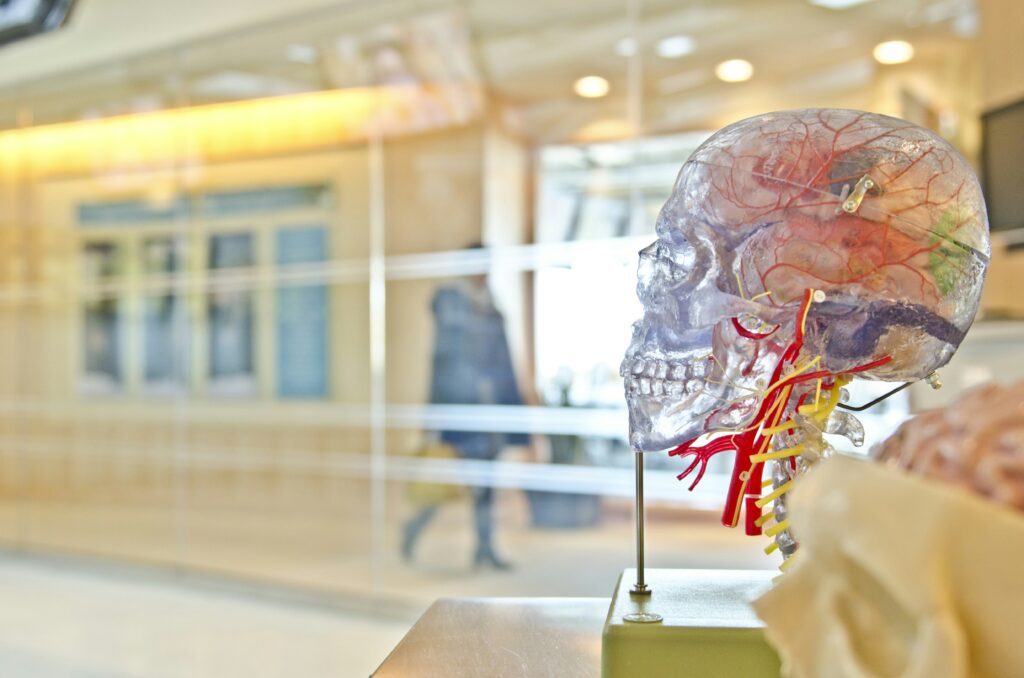
Irvine, Calif., Aug. 6, 2025 — In a groundbreaking study, researchers at the University of California, Irvine have identified a nonpharmaceutical treatment that could revolutionize the fight against Alzheimer’s disease. By using a combination of naturally occurring compounds, the team was able to rejuvenate aging brain cells and clear harmful protein buildups associated with the disease.
Published in the journal GeroScience, the study highlights the potential of nicotinamide (a form of vitamin B3) and epigallocatechin gallate (an antioxidant found in green tea) to restore levels of guanosine triphosphate (GTP), a critical energy molecule in brain cells. The treatment, tested on neurons in vitro, reversed age-related cellular deficits and enhanced the cells’ ability to eliminate amyloid protein aggregates, a hallmark of Alzheimer’s.
Understanding the Mechanism
Lead author Gregory Brewer, adjunct professor of biomedical engineering at UC Irvine, emphasized the importance of neuronal energy levels. “As people age, their brains show a decline in neuronal energy levels, which limits the ability to remove unwanted proteins and damaged components,” Brewer explained. “We found that restoring energy levels helps neurons regain this critical cleanup function.”
The researchers employed a genetically encoded fluorescent sensor, GEVAL, to monitor live GTP levels in neurons from aged Alzheimer’s model mice. Their findings revealed a decline in free GTP levels with age, particularly in mitochondria, the cells’ energy hubs, leading to impaired autophagy—the process by which cells eliminate damaged components.
Restoration and Results
When aged neurons were treated with nicotinamide and epigallocatechin gallate for just 24 hours, GTP levels were restored to those typically seen in younger cells. This revival resulted in improved energy metabolism, activation of key GTPases involved in cellular trafficking, and efficient clearance of amyloid beta aggregates. Additionally, oxidative stress, a contributor to neurodegeneration, was reduced.
“This study highlights GTP as a previously underappreciated energy source driving vital brain functions,” Brewer said. “By supplementing the brain’s energy systems with compounds that are already available as dietary supplements, we may have a new path toward treating age-related cognitive decline and Alzheimer’s disease.”
Challenges and Future Directions
Despite the promising results, Brewer cautioned that further research is necessary to optimize the treatment’s administration. “More work is going to be required to find the best way to administer this treatment, since a recent clinical trial involving UC Irvine researchers showed that oral nicotinamide was not very effective because of inactivation in the bloodstream,” he noted.
Brewer’s team included Ricardo Santana, a UC Irvine associate specialist in biomedical engineering, and Joshua McWhirt, a UC Irvine junior specialist now pursuing a Ph.D. at the Medical University of South Carolina. The study received funding from the National Institutes of Health and the UC Irvine Foundation.
About UC Irvine
Founded in 1965, the University of California, Irvine is a member of the prestigious Association of American Universities and ranks among the nation’s top 10 public universities according to U.S. News & World Report. Known for its academic achievement and research innovation, UC Irvine has produced five Nobel laureates and is a key economic contributor in Orange County, California.
For more information on UC Irvine and its groundbreaking research, visit www.uci.edu. Media outlets interested in interviews with UC Irvine faculty can access resources at news.uci.edu/media-resources.







